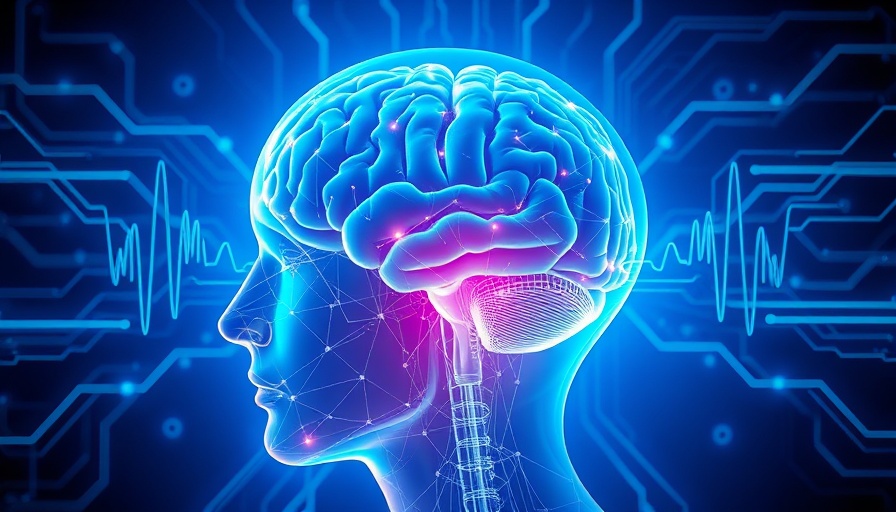
Revolutionary Advances in EEG Technology for Epilepsy Diagnosis
A groundbreaking study conducted by researchers at Johns Hopkins University has unveiled a promising tool that could revolutionize the way epilepsy is diagnosed. Named EpiScalp, this innovative technology harnesses the power of advanced algorithms to analyze routine electroencephalogram (EEG) tests, effectively transforming them into predictive tools for epilepsy, even when the results appear normal.
Impact on Misdiagnosis Rates and Patient Quality of Life
Misdiagnosis of epilepsy is an unsettling reality, affecting approximately 30% of cases globally. The implications of this can be severe, often resulting in unnecessary medications and lifestyle restrictions for patients diagnosed incorrectly. By uncovering hidden signatures of epilepsy in EEGs, EpiScalp has shown the potential to decrease misdiagnosis rates by an astonishing 70%. This innovation could play a crucial role in alleviating the burden of side effects from anti-seizure medications for patients who do not actually have the condition.
The Science Behind EpiScalp
At the heart of EpiScalp's function is its ability to reveal epilepsy-related brainwave patterns, even when EEG readings seem entirely normal. The technology utilizes dynamic network models, processing brain activity during interictal periods (the normal phases between seizures). According to Sridevi V. Sarma, a leading researcher in this field, the capacity to quickly arrive at accurate diagnoses is significantly enhanced — allowing for a return to effective treatment much faster than traditional methods require.
Critical Insights from Research
The study analyzed data from 198 patients, some with epilepsy and others presenting with non-epileptic conditions that mimic it. By reanalyzing their EEG data through EpiScalp, the researchers were able to reduce the number of false positives – initially at 54% – down to just 17%. This advantage is not only statistical but also deeply human, as it helps healthcare providers avoid the unnecessary trauma linked with epilepsy misdiagnosis.
Potential for Future Studies and Applications
As researchers continue to further validate the capabilities of EpiScalp through larger studies across multiple epilepsy centers, the prospect of integrating such tools into standard practice is becoming increasingly viable. With the filed patent for EpiScalp technology in 2023, the research team is poised to make strides that could redefine EEG analysis and its role in epilepsy diagnostics.
Conclusion: The Future of Epilepsy Diagnosis Is Bright
The work being done at Johns Hopkins not only represents a significant technical breakthrough but also emphasizes the importance of enhancing diagnostic accuracy in neurology. Efforts such as these not only aim to improve clinical outcomes but also prioritize the quality of life for patients who have been affected by misdiagnoses.
 Add Row
Add Row  Add
Add 

 Add Element
Add Element  Add Row
Add Row 




Write A Comment